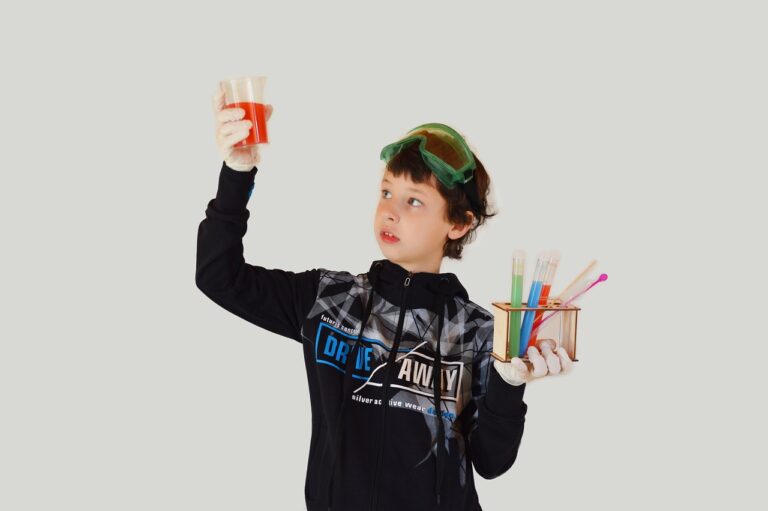Navigating the Challenges of Inclusive Education for Students with Disabilities
Students with disabilities often encounter barriers in inclusive education settings that can hinder their academic success and social integration. One common challenge is the lack of understanding and awareness among teachers and peers about how to support students with diverse needs effectively. This can lead to feelings of isolation and frustration for students with disabilities who may not receive the necessary accommodations and assistance to fully participate in classroom activities.
Additionally, the physical environment of schools can present obstacles for students with disabilities, such as inaccessible buildings or classrooms that are not equipped with assistive technology. These challenges can create additional stress and difficulties for students as they navigate their way through the school day. Without proper support and accommodations, students with disabilities may struggle to keep up with their peers academically and feel excluded from fully participating in school life.
Understanding the Importance of Inclusion for Students with Disabilities
Inclusive education is essential for students with disabilities as it promotes a sense of belonging and acceptance within the school community. By including students with disabilities in regular classrooms, it helps to break down barriers and foster a culture of diversity and respect among peers. This inclusive environment not only benefits students with disabilities in terms of academic growth and social development, but also enriches the overall educational experience for all students.
Furthermore, inclusion provides opportunities for students with disabilities to engage in meaningful interactions with their peers, teachers, and school staff. This interaction not only enhances their communication and social skills, but also helps to build self-esteem and confidence. Inclusive education enables students with disabilities to learn from their peers and vice versa, creating a supportive and collaborative learning environment where everyone can thrive and succeed.
Addressing the Need for Individualized Support in Inclusive Education
Inclusive education aims to provide equal opportunities for students with disabilities to learn alongside their peers. However, one of the key challenges in ensuring the success of inclusive education is the need for individualized support tailored to meet the unique needs of each student. This support is crucial in helping students with disabilities access the curriculum, participate in classroom activities, and reach their full potential.
Individualized support may include accommodations such as assistive technology, modified assignments, additional time for tasks, or specialized instruction. By identifying the specific needs of each student and providing targeted support, educators can create a more inclusive learning environment where all students can thrive. It is essential for schools to collaborate with specialists, parents, and students themselves to develop and implement individualized support plans that address the diverse needs of students with disabilities in inclusive settings.





